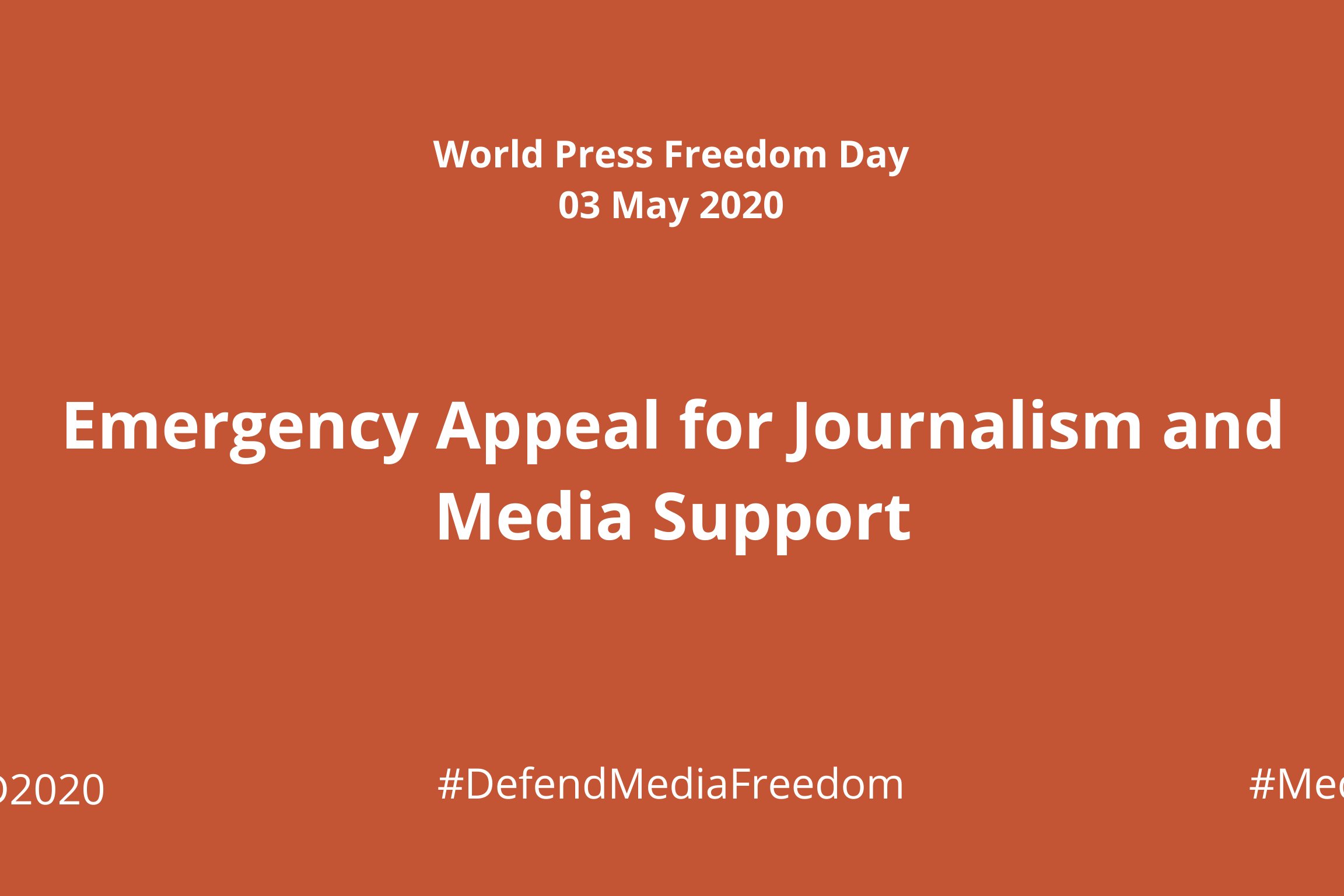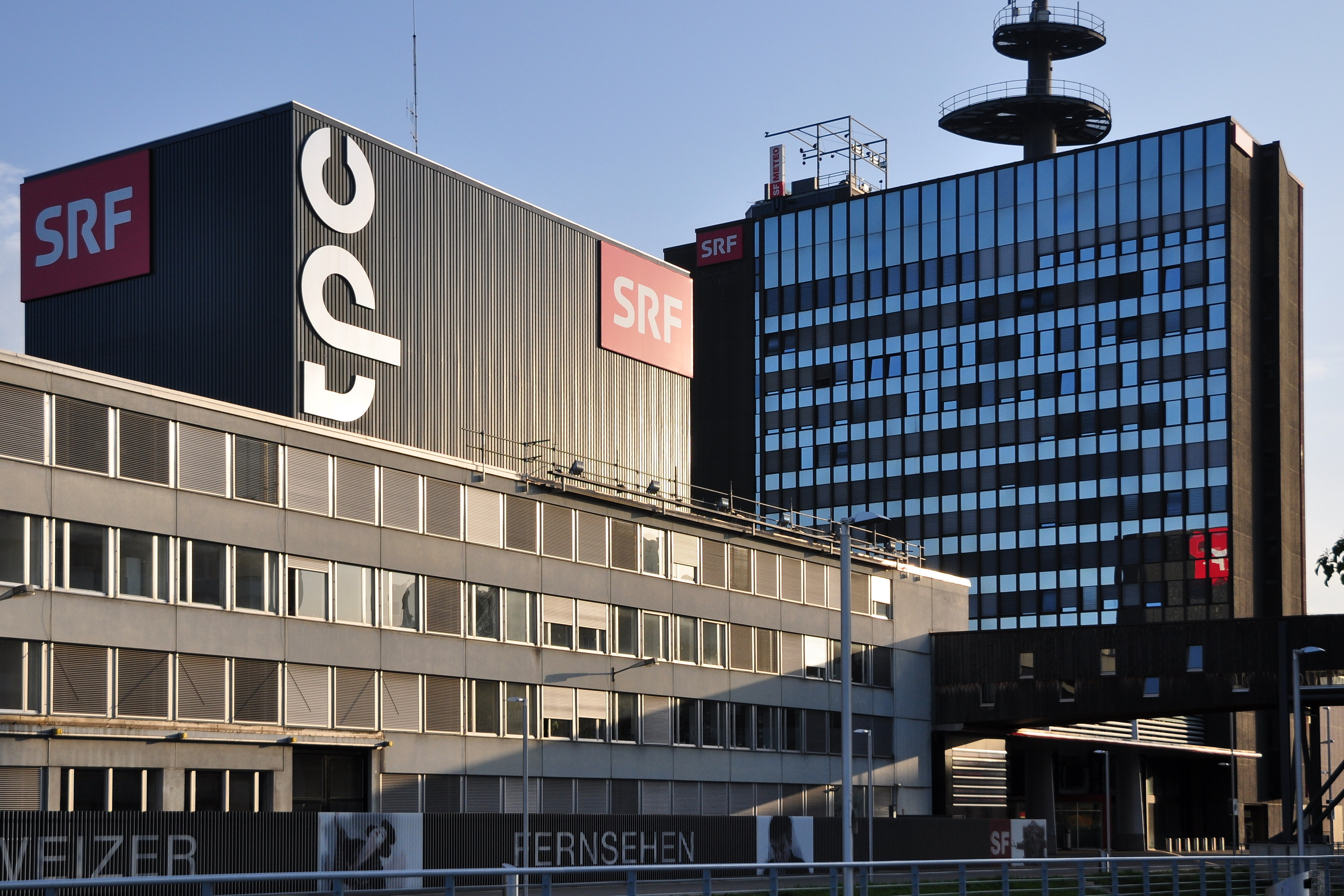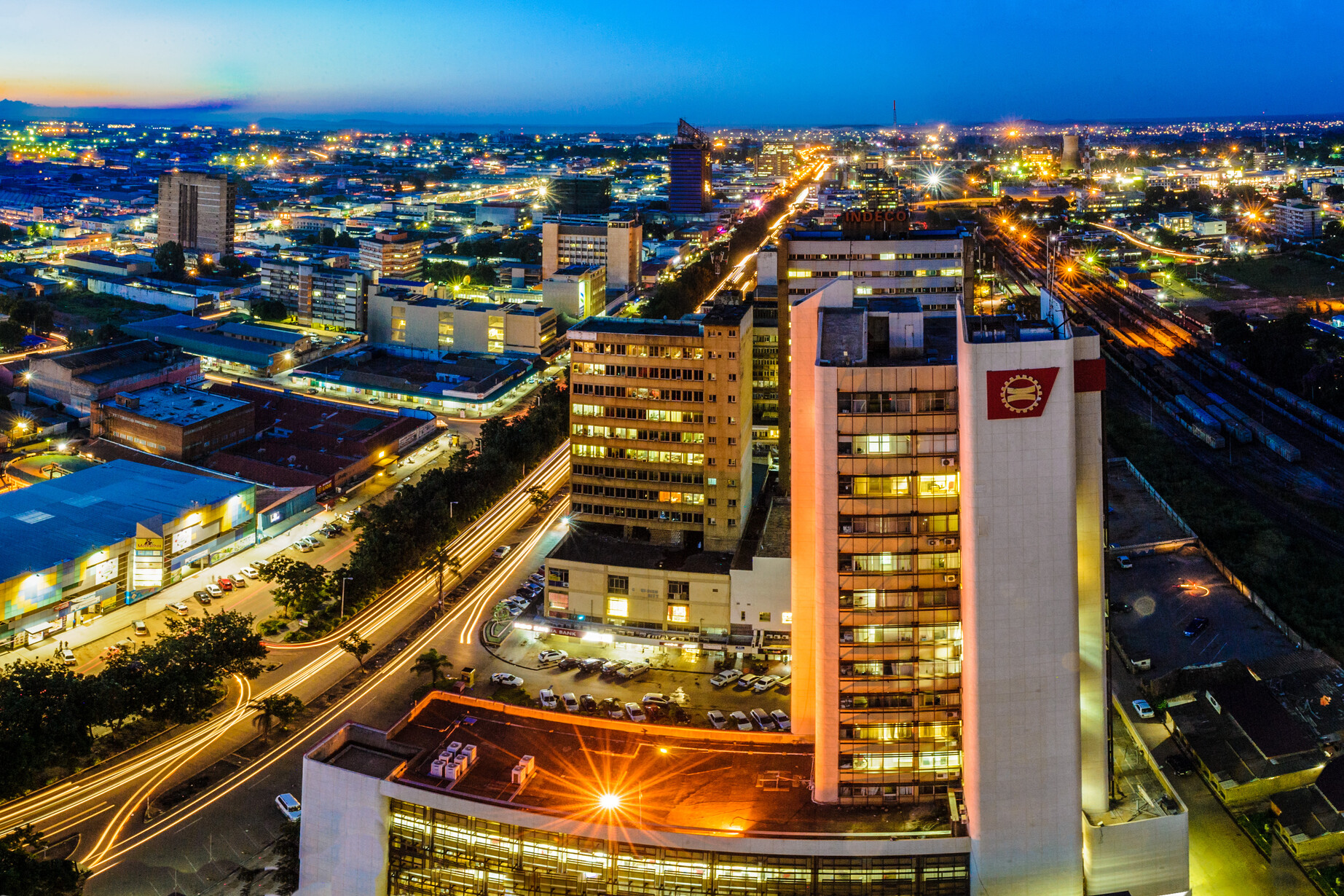Many European public broadcasters are feeling the financial impact of the Covid-19 pandemic, particularly those with mixed-funding models that rely on advertising as a source of income.
By Chloe Howcroft
In recent years, a number of European public service broadcasters (PSB) have undertaken cost-cutting measures to ensure their long term survival against threats from fragmented audience engagement, licence fee or tax evasion, and increasing competition from commercial streaming services such as Netflix and Amazon.
RTÉ in Ireland, Belgium’s VRT and the BBC are just some of the PSBs that have announced significant savings plans and cost-cutting measures in recent months.
Some, such as Croatia’s HRT (Croatian Radio Television), have called for a significant increase to the compulsory licence fee to address criticisms about its content and programming. Others have had to adapt to drastic changes, like Switzerland’s SRG SSR, which had to implement cuts following 2018’s ‘No Billag’ referendum.
These challenges, however, have been amplified as the Covid-19 pandemic takes its toll on sources of funding. All this comes at a time when citizens need PSBs most.
Unforeseen impacts of Covid-19
The decline in revenue from commercial advertising and licence fee income are expected to create huge financial losses for several European public broadcasters – especially those with mixed funding models.
ORF Director General, Alexander Wrabet, informed a special finance committee about the impact of Covid-19 on the Austrian public broadcaster’s financial position. He warned of a loss in advertising revenue, which was originally budgeted from December 2019 to be €210.8 million euros as well as reduced income from GIS fees – ORF’s licence fee – potentially due to growing unemployment in the country and licence fee exemptions. The public broadcaster recently put 570 employees on “short-time work” to save costs and reduce the number of staff working at the same time. A meeting is scheduled next month to further review its budget.
Administrators of Belgium’s Francophone public broadcaster, RTBF, have also assessed a potential loss of 15-20% in advertising revenue – that is €10-15 million.
Even though plans to axe 450 jobs at BBC News – a part of its wider cost-cutting measures to save £80 million by 2022 – have been suspended due to the need for vital coronavirus coverage, a recent report reveals that the BBC will now have to make £125 million in savings this year alone. This is partly due to its decision to extend free licence fee cover to over-75s during the Coronavirus crisis (originally due to end in June), and difficulties with collecting licence fee income.
The UK’s commercial public broadcasters, Channel 4 and ITV, have also reported advertising losses due to Covid-19.
Read more: Coronavirus: BBC ‘needs to make £125 million in savings
One campaigning group in Croatia has challenged HRT to defer or abolish licence fee payments for people who are currently out of work. A spokesperson for Croatian Radio and Television replied that it would only be adhering to government instructions.
On the other hand, while Ireland’s RTÉ has affirmed that licence fees should still be paid during the nationwide lockdown, Director General Dee Forbes informed staff in a bulletin last week that revenue from licence fees “has also been heavily impacted, especially as many people cannot travel to the Post Office.” This is coupled with additional expected losses from commercial revenues during the pandemic.
The Irish PSB announced that it would be taking advantage of the Government’s ‘Covid-19 temporary wage subsidy scheme’ to ensure that its employees continue to receive their wages during the crisis.
Key takeaways from Covid-19
The uncertainty of the global health pandemic makes it extremely challenging for PSBs to make long-term, concrete plans or financial forecasts.
But there are some takeaways from the crisis that could change the way these organisations operate in the future. Many have already rapidly adapted to some of the new challenges, which may influence long term solutions to broader financial problems.
Read more: Adapting to working from home
Digitalisation
As an ORF Board Member, Thomas Zach suggests that interviews may continue to be conducted via video calling technology as an additional cost-cutting measure beyond the lockdown.
Long-term digital transformation was already a key priority for Janne Yli-Äyhö, Chief Technology Officer of Finland’s public broadcaster, Yle. He explained how this would take place, which involves creating a new digital platform, but that it would require a coordinated re-shuffling of its budget:
“Digital transformation is very important and to make that possible we need to take money out of some of our present activities, such as our current ways of producing some of our heavier content. We need to get money out of that to make new development, but that will be a hard change.”
Read more: Interview: Janne Yli-Äyhö, YLE
Pay caps on high earners
Both RTÉ and the BBC have adopted similar approaches to reducing the wages of some of their higher-paid employees and executive board members. RTÉ began implementing pay freezes from the start of this year, while the BBC’s senior leaders will be taking a pay freeze until August 2021. Non-essential recruitment has also ceased for the foreseeable for both organisations.
The BBC has faced regular debates about how much they pay top talent and began revealing its list of highest-paid earners in 2017.
Read more: Tony Hall: Scrutinise The BBC – But With Facts, Not Myths
Elsewhere, the head of RTBF, Jean-Paul Philippot, came under scrutiny for his high wage and was forced to pay back €60,000 at the start of year. This followed the Belgian media minister‘s decision to cap the wage of the RTBF’s boss to €245,000 annually.
With viewing figures increasing significantly as audiences seek trusted content during the pandemic, it is likely that the salaries of top-earners will come under renewed scrutiny in the future as PSB’s look for sustainability while maintaining audience loyalty.
More collaboration
Prior to Covid-19, many public broadcasters had already shown their ability to successfully collaborate with other public and like-minded media organisations.
Nordvision, a cooperative of Nordic PSM consisting of Denmark’s DR, Finland’s YLE, Iceland’s RUV, Norway’s NRK and Sweden’s SVT, has long paved the way for international collaborations, with a particular focus on technological innovation and content development. The organisation has been shining a light on opportunities for collaboration and how public media have been adapting to the pandemic.
In 2018, France Télévisions, Italy’s Rai and Germany’s ZDF joined forces to create ‘The Alliance’, a joint content production venture between the three public broadcasters to target international audiences in response to the rise of SVOD services.
Now, these links could offer PSBs an effective means of recovery and support following the pandemic, allowing them to pool resources and ideas together to continue creating content under challenging circumstances.
Nordvision recently announced that it is looking to collaborate again on a new drama series and are welcoming pitches from producers.
In March, Dr. Norbert Himmler, Programme Director of German public broadcaster ZDF, announced measures that the organisation would be taking to help fund producers contributing to ZDF’S content by paying for half of the additional costs in light of the coronavirus outbreak.
Meanwhile, RTBF’s Jean-Paul Philippot has also considered the “extensive use of subcontracting from the private sector to relaunch the production of numerous productions (documentaries, series, reports)” in order to make up for what public media may not be able to produce under diminishing or restricted budgets.
Read more: Collaborate or die?
More sustained government support?
Dee Forbes of RTÉ shared that the Irish public broadcaster is “engaged in “high level dialogue” with the Government on a range of issues including the public health crisis, additional emergency measures and longer term structural reforms to sustain public broadcasting beyond the crisis.”
The Swiss federal government has announced that it would also be providing more financial support to the Swiss public broadcaster, SRG SSR, which could help to alleviate some of the loss in funding from advertising revenue.
Pre-COVID-19, some European PSBs made radical changes to their funding models. Across Scandinavia, PSBs have transitioned from licence fee models to funding through taxation within the last couple of years.
While the means of collecting taxes varies from country-to-country, a key challenge has been to ensure that mechanisms are in place to maintain the independence of public media organisations. The change to a tax-based model for Danish PSB, DR, in 2018 caused significant concern as it included a 20% cut to funding under the guise of a modernisation drive as laid out by the government at the time.
Much like the moves to tax-based funding, any additional assistance from the state must not come at the cost of editorial independence – a key definition or what is and is not public media. As with countries that have transitioned from the licence fee to a taxation model in recent years, steps must be taken to protect public media from undue influence.
This concern has most recently surfaced in Greece, where the government has pledged to allocate 11 million euros from the state budget for Greek TV and radio stations to broadcast the Government’s coronavirus publicity campaign. However, the lack of transparency over which media outlets will be receiving government funds and how much will be allocated, is a key issue in a notoriously competitive and politically-influenced media landscape.
As such, greater state intervention may not be an option where established protections are weaker, which could lead to undue interference.
Read more: Changing times for public media funding
The value of public media
During the Covid-19 pandemic, many have turned to independent public media as a source of trusted, verified and timely information as well as educational content while many schools remain shut during national lockdowns.
Last month, Swiss public media, swissinfo.ch (SWI), published its annual report, which revealed a sharp increase in its monthly online readership. VRT has seen a 36% increase in its online radio listening figures. At the same time, UK PSBs have reached record audience figures during the pandemic, particularly with BBC One and BBC News recording more news viewing due to Covid-19 announcements, according to recent Ofcom analysis. In an Economist article, one BBC senior executive referred to the political support that the BBC has gained: “There’s nothing like a situation like this to remind politicians of the value of the institution.”
But while public and political support is becoming more apparent during this time of crisis, cause for concern remains over whether this increased engagement can be sustained in the longer term. The difficulty will be how best to ensure that the support gained during the pandemic is sustained and that the value of PSB is recognised beyond the current crisis. And yet, while the support of its audience may stay intact, the financial burden of recovery from the coronavirus may be too much to bear.
Header Image: Euro money, coins and models of covid-19 virus on blue background Contaminated infected cash money. Economy crisis. Credit: Iryna Kaliukina/iStock
Related Posts
13th May 2020
Emergency appeal for journalism and media support in response the the COVID-19 crisis
PMA have joined more than 140…
28th April 2020
Swiss public broadcaster faces financial pressures in wake of Covid-19
SRG SSR, faces financial pressures…
22nd April 2020
ZNBC fails to pay staff salaries during Covid-19 pandemic
Zambia’s national broadcaster, ZNBC, is…
27th March 2020
Governments must not use coronavirus as an excuse to curtail media freedom
The Public Media Alliance urges…



